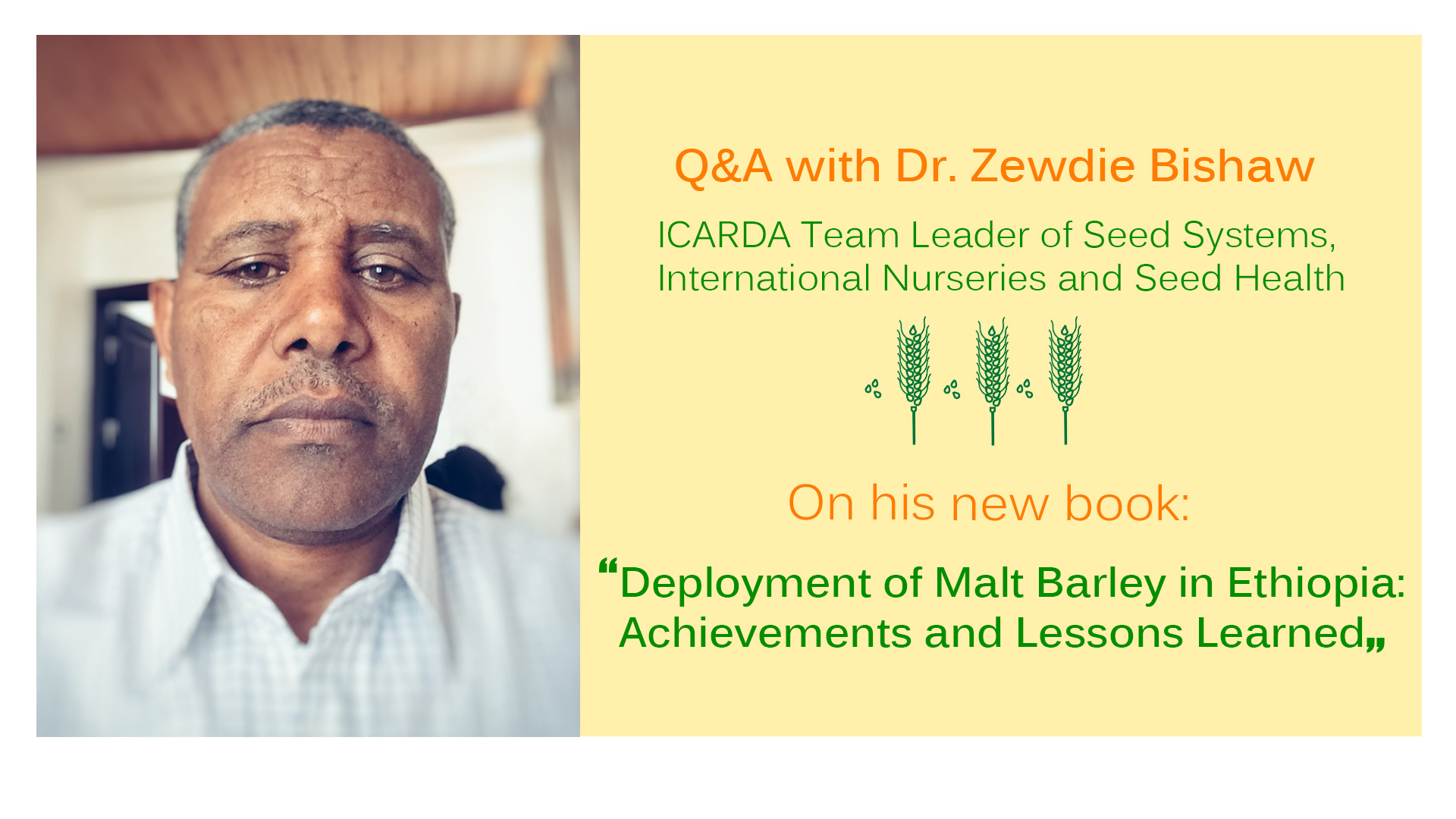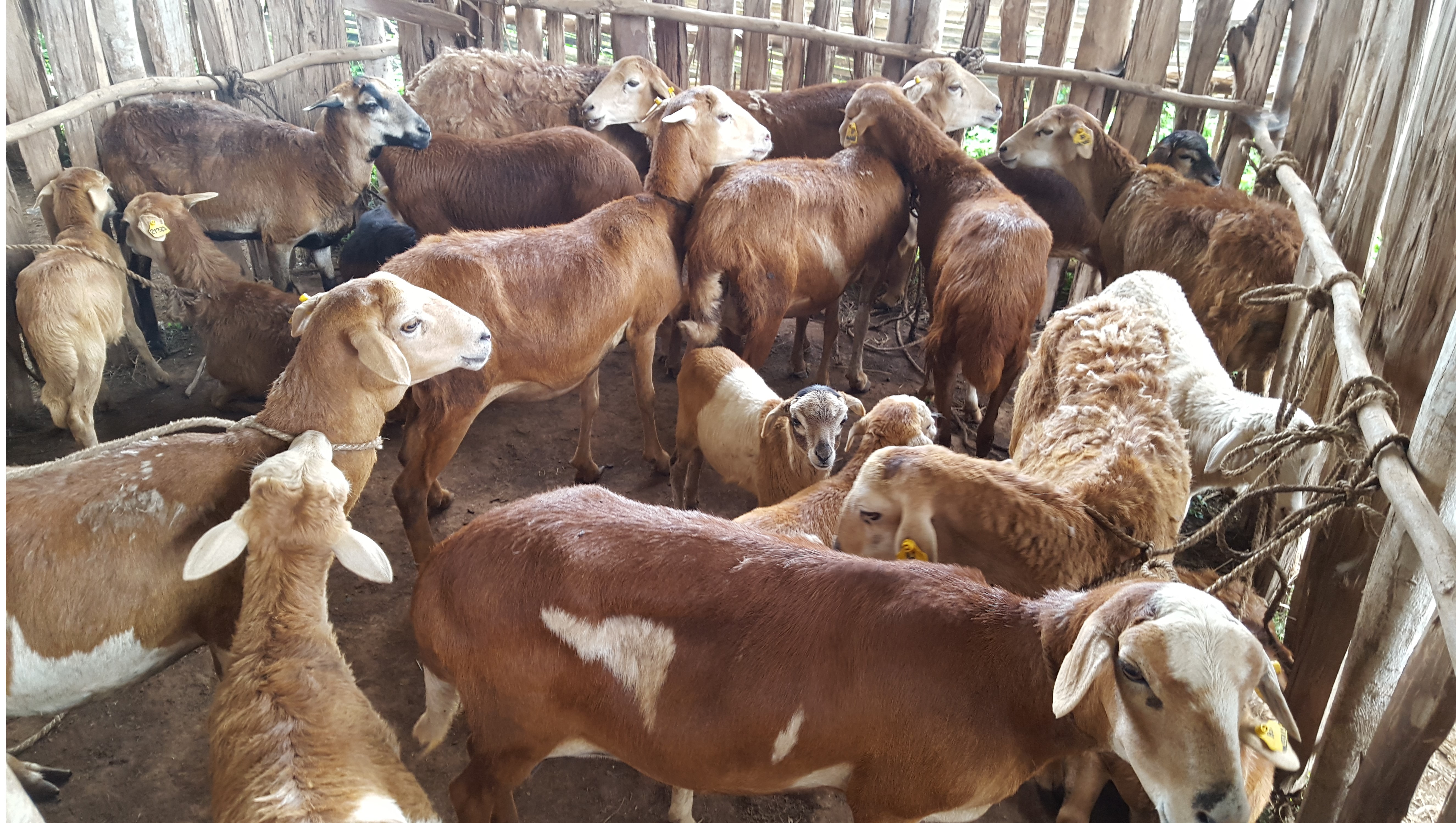Indigenous Agricultural Knowledge for Better Farming Today
![IKRI catalog of indigenous knowledge [credit: C. Biradar] IKRI catalog of indigenous knowledge [credit: C. Biradar]](/sites/default/files/styles/d08_standard/public/images/2021-11/ikri_pic_1.jpg.webp?itok=3f9WjjoG)
IKRI is grateful for the partnership and support of the International Fund For Agricultural Development (IFAD), United Nations Office for Outer Space Affairs, LifeWatch ERIC, Fund for the Development of the Indigenous Peoples of Latin America and the Caribbean (FILAC), The Africa-Europe Science Collaboration Astronomy Platform (AERAP), and the United Nations Food Systems Summit 2021.
The 'Indigenous Knowledge Research Infrastructure' (IKRI), a brand-new online catalog that compiles Indigenous agricultural Knowledge, is now available.
IKRI helps young farmers succeed in farming and helps overcome a widening gap in knowledge transfer between generations.
Commissioned during the UN Food System Pre-Summit in late July 2021 and led by research centers such as ICARDA, IKRI catalogs a wealth of proven farming methodologies and tools and acts as a precious reference resource for new or seasoned farmers.
The platform pools cutting-edge technologies such as Earth observation with traditional, locally relevant farming practices, many of which quickly disappear, ensuring that ancient wisdom and knowledge pass on to new generations.
As modern pressures on agriculture due to climate change and population growth intensify, Indigenous Knowledge inherited from their ancestors could benefit today's farmers.
Considering a disconnect in the transmission of knowledge between generations, exacerbated by a growing trend of youth out-migration to urban spaces, IKRI could be the only place where such knowledge still exists.
Dr. Milind Pimrikar, from the International Collaborative Aerospace and Energy Development (CANEUS), explains that much of the Indigenous Knowledge transferred through practices is widely scattered. At times, it only exists in small pockets and is not well-documented. In addition, there are significant challenges, barriers, and policy issues to adapt or integrate Indigenous Knowledge with the traditional scientific one.
"Indigenous Knowledge is often perceived as anecdotal or imprecise and is only selectively used by academics and others," Dr. Pimrikar explains.
He explains that this publicly available repository is vital for retaining essential knowledge and practices within indigenous communities while helping to amplify the value of indigenous crops and medicinal herbs.
Dr. Chandrashekhar Biradar, Research Team Leader of GeoAgro for Sustainable Agroecosystems at ICARDA, laments the loss of precious Knowledge due to the generational disconnect.
"Through exhaustive research and citizen scientists, IKRI and its partners along with other organizations and investors are compiling IKRI's comprehensive catalog of knowledge that can teach us critical lessons about adaptation and mitigation to today's agricultural challenges," he concludes.
IKRI is grateful for the partnership and support of the International Fund For Agricultural Development (IFAD), United Nations Office for Outer Space Affairs, LifeWatch ERIC, Fund for the Development of the Indigenous Peoples of Latin America and the Caribbean (FILAC), The Africa-Europe Science Collaboration Astronomy Platform (AERAP), and the United Nations Food Systems Summit 2021.



